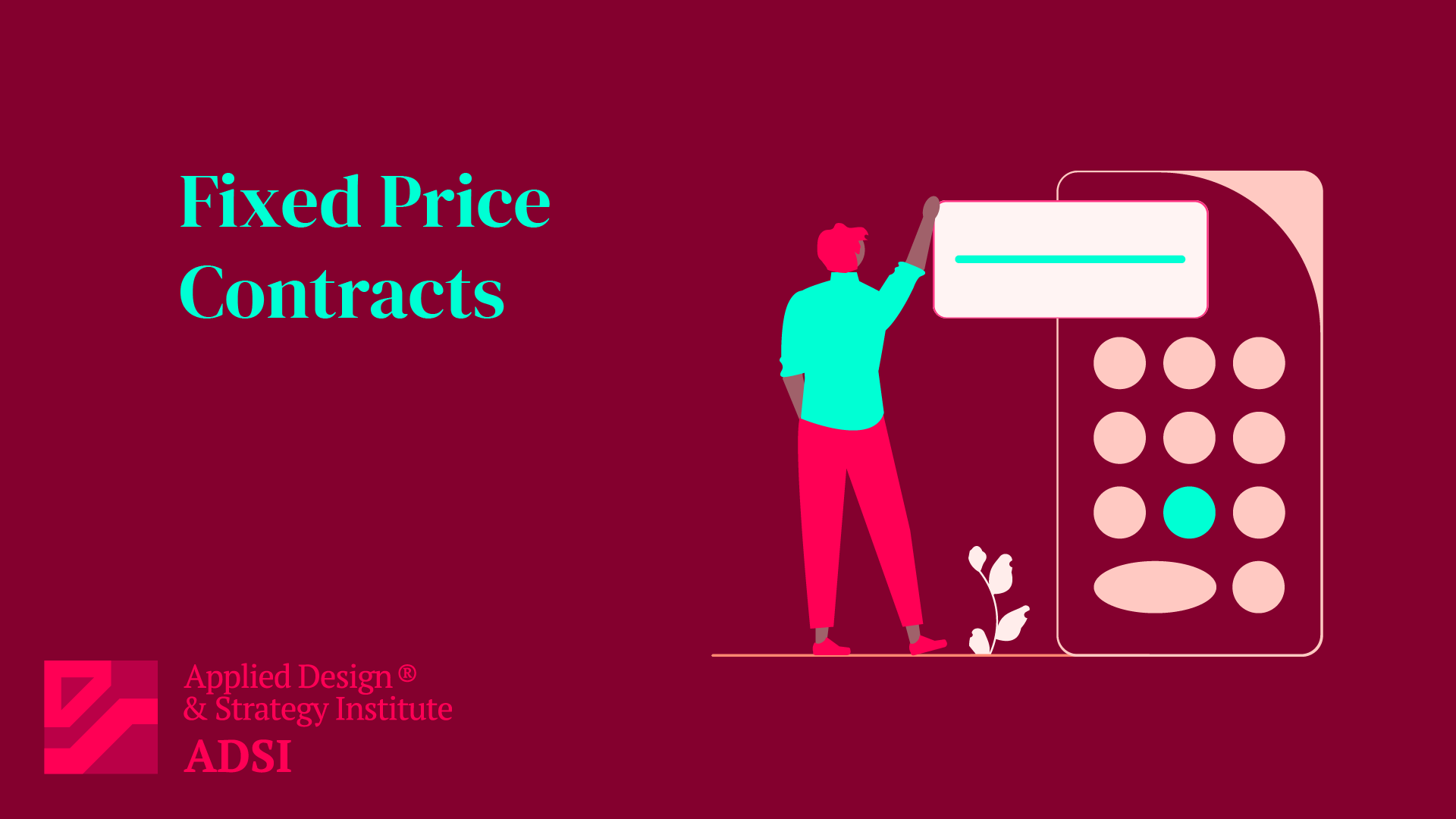Fixed-Price Contracts
Introduction to Fixed-Price Contracts
Fixed-Price Contracts are a type of contractual arrangement where the service or product delivery is agreed upon for a specific, pre-determined price. Common in many industries, especially in construction, consulting, and government contracts, they provide a clear cost structure but come with inherent risks and benefits for both the provider and the client.
Key Characteristics of Fixed-Price Contracts
- Price Certainty: The price is set at the outset and is not subject to change, providing budget certainty for the client.
- Scope Definition: These contracts require a well-defined scope of work to avoid disputes and additional charges.
- Risk Allocation: The vendor assumes the risk of cost overruns, which can incentivize efficiency but also lead to cost-cutting measures that may impact quality.
Advantages of Fixed-Price Contracts
- Budget Control for Clients: Clients can budget and plan finances with certainty.
- Incentive for Efficiency: Providers are motivated to complete the work efficiently to maximize profit.
- Simplicity: The straightforward nature of these contracts can make them easier to manage and understand.
Disadvantages and Challenges
- Risk of Poor Quality: Vendors might cut corners to stay within budget.
- Inflexibility: Changes to the scope of work can be difficult to negotiate and often result in additional charges.
- Estimation Risks: Accurately estimating costs upfront can be challenging, especially for complex projects.
Best Practices in Fixed-Price Contract Management
- Comprehensive Scope Definition: Clearly defining the project scope and deliverables is critical to avoid misunderstandings.
- Contingency Planning: Including contingencies for unforeseen circumstances can provide flexibility.
- Regular Communication: Maintaining open lines of communication between the client and the provider is crucial for managing expectations and addressing issues promptly.
Conclusion
Fixed-Price Contracts, while offering predictability in terms of costs, require careful consideration and management to balance the risks and benefits for both parties. They are best suited for projects with a well-defined scope and predictable outcomes. Effective planning, clear communication, and thorough contract drafting are key to mitigating the challenges associated with these contracts.



Leave a Reply